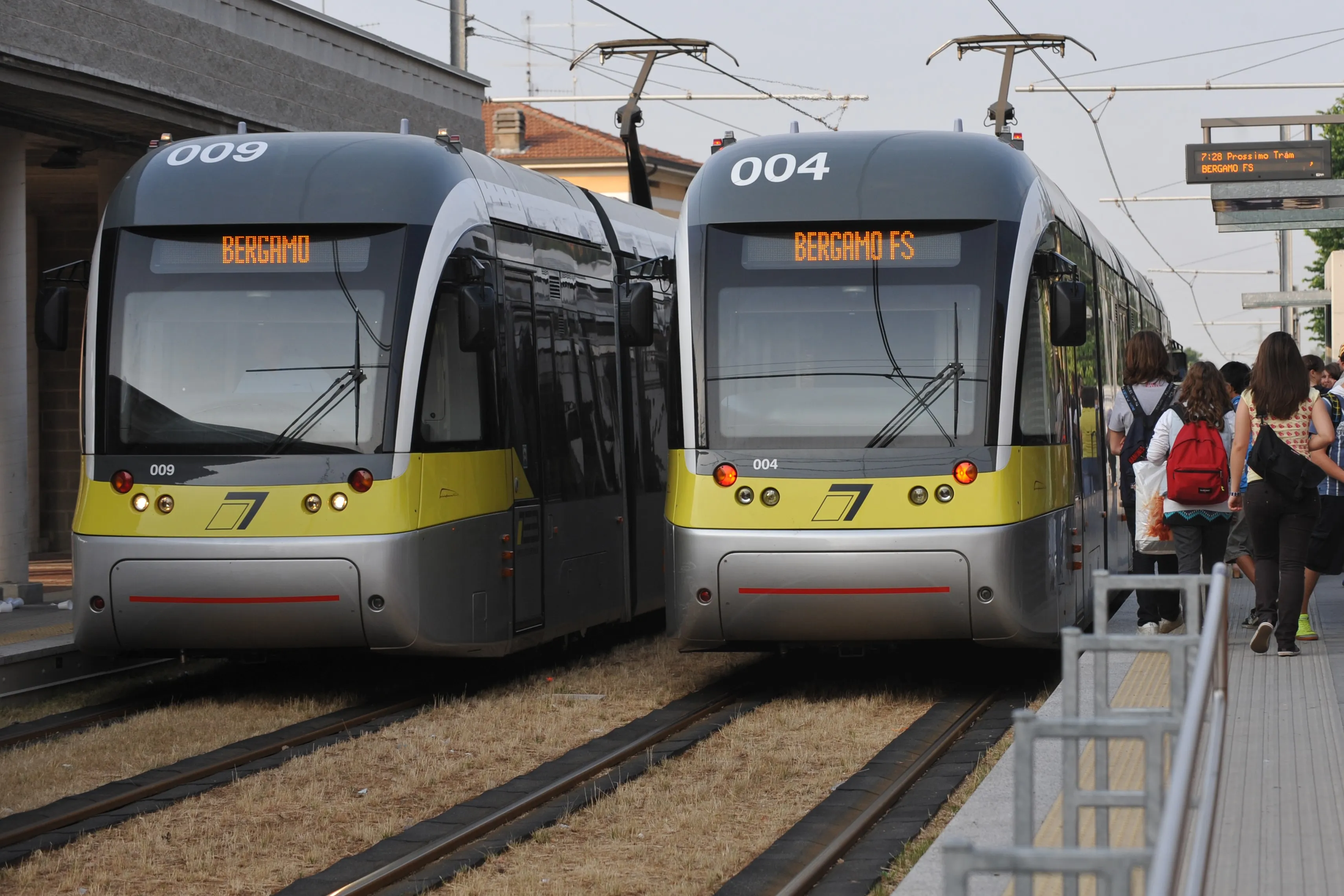UK Transport Minister Baroness Kramer has announced three initiatives to accelerate the introduction of smart ticketing across the country.
At a meeting with the Smart Cities Partnership, the minister announced that over US$900,000 will be invested over the next two years to extend smart ticketing across the rail network in the West Midlands. She also presided over the signing of a concordat that sets out the basis for cooperation between bus operators and members of the partnership to start delivering
March 27, 2015
Read time: 2 mins
UK Transport Minister Baroness Kramer has announced three initiatives to accelerate the introduction of smart ticketing across the country.
At a meeting with the Smart Cities Partnership, the minister announced that over US$900,000 will be invested over the next two years to extend smart ticketing across the rail network in the West Midlands. She also presided over the signing of a concordat that sets out the basis for cooperation between bus operators and members of the partnership to start delivering smart, multi-operator ticketing in 2015.
Separately, the minister announced that the government will be working with the UK Cards Association, the body representing the card payments industry, to bring contactless payment to public transport country-wide. The association will lead a project to coordinate actions among card payment processors, card issuers as well as UK transport operators.
Baroness Kramer said: “Smart ticketing is revolutionising travel and is an important part of the transport investment which will help to build a stronger economy and fairer society. I am very pleased that it is gaining real momentum.
Implementing smart tickets involves close working across operators, administrative regions and industries. These 3 initiatives show how much can be done through partnership working. I wish to thank all parties involved for their commitment and innovation in driving forward these plans to make travel easier and more convenient for the public.”
The Smart Cities Partnership consists of nine city regions, representing the largest conurbations outside London including those in Yorkshire, West Midlands, Merseyside, Leicester and Nottingham. With funding from the Department of Transport (DfT), it encourages joint working across the public and private sectors to speed up the implementation of smart multi-operator ticketing.
The investment will enable Centro, West Midland’s integrated transport authority, to extend Swift smartcard to large areas in the West Midlands rail network and pave the way for the introduction of similar products in the future. Crucially, passengers will be able to use smartcards at the redeveloped Birmingham New Street station from September 2015.
At a meeting with the Smart Cities Partnership, the minister announced that over US$900,000 will be invested over the next two years to extend smart ticketing across the rail network in the West Midlands. She also presided over the signing of a concordat that sets out the basis for cooperation between bus operators and members of the partnership to start delivering smart, multi-operator ticketing in 2015.
Separately, the minister announced that the government will be working with the UK Cards Association, the body representing the card payments industry, to bring contactless payment to public transport country-wide. The association will lead a project to coordinate actions among card payment processors, card issuers as well as UK transport operators.
Baroness Kramer said: “Smart ticketing is revolutionising travel and is an important part of the transport investment which will help to build a stronger economy and fairer society. I am very pleased that it is gaining real momentum.
Implementing smart tickets involves close working across operators, administrative regions and industries. These 3 initiatives show how much can be done through partnership working. I wish to thank all parties involved for their commitment and innovation in driving forward these plans to make travel easier and more convenient for the public.”
The Smart Cities Partnership consists of nine city regions, representing the largest conurbations outside London including those in Yorkshire, West Midlands, Merseyside, Leicester and Nottingham. With funding from the Department of Transport (DfT), it encourages joint working across the public and private sectors to speed up the implementation of smart multi-operator ticketing.
The investment will enable Centro, West Midland’s integrated transport authority, to extend Swift smartcard to large areas in the West Midlands rail network and pave the way for the introduction of similar products in the future. Crucially, passengers will be able to use smartcards at the redeveloped Birmingham New Street station from September 2015.










